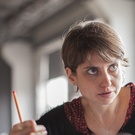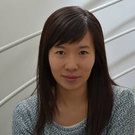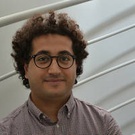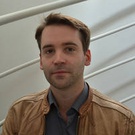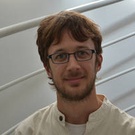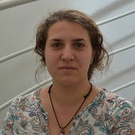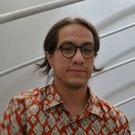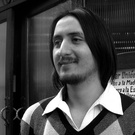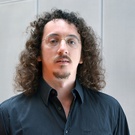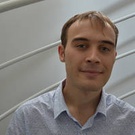Cursus 2015.16
Les compositeurs du Cursus 1 – formation pratique à la composition et à l'informatique musicale dispensée à l'Ircam - présentent, à l'issue de leur formation, leurs esquisses pour instrument soliste et électronique : dix créations interprétées par les instrumentistes du Conservatoire national supérieur de musique et de danse de Paris.
Concert du Cursus, 15 avril 2016 au Centre Pompidou
- L’air cassé de la carapace de Ariadna Alsina Tarrés
- Me Du Ça de Huihui Cheng
- Nafir de Sina Fallahzadeh
- Paranoia de Torsten Philipp Herrmann
- Pas de deux de Kevin Juillerat
- Con moto pour accordéon microtonal (xamp) et électronique - de Giulia Lorusso (enregistré au Centre Georges Pompidou, 2016)
- ... Time Warping I ... et l’émergence de l’expression de Juan de Dios Magdaleno
- Une voix persiste au travers pour voix et électronique - de Fernando Munizaga (enregistré au Centre Georges Pompidou, 2016)
- Strophe 3 - [Sur le Fil] de Didier Rotella
- Trying to sleep de Loïc Sylvestre
La promotion
Ariadna Alsina Tarrés
HuiHui Cheng
Sina Fallahzadeh
Torsten Herrmann
Kevin Juillerat
Giulia Lorusso
Juan de Dios Magdaleno
Fernando Munizaga
Fernando Munizaga (Chili, né en 1986) suit des études de guitare puis de composition à l’université catholique du Chili. Après avoir obtenu sa licence en guitare, il achève un second cycle supérieur en composition à l’université du Chili. Depuis 2014, il étudie auprès de Frédéric Durieux au Conservatoire national supérieur de musique et danse de Paris (Cnsmdp) en master de composition. Il suit en 2015-2016 le Cursus de composition et d’informatique musicale de l’Ircam. Son travail s’oriente désormais vers l’analyse d’intonation, phonétique, structurelle, et l’exploration conceptuelle de différents textes poétiques issus de langues et de cultures diverses, intégrant ces matériaux à sa recherche dans le domaine de la musique instrumentale et électronique.



